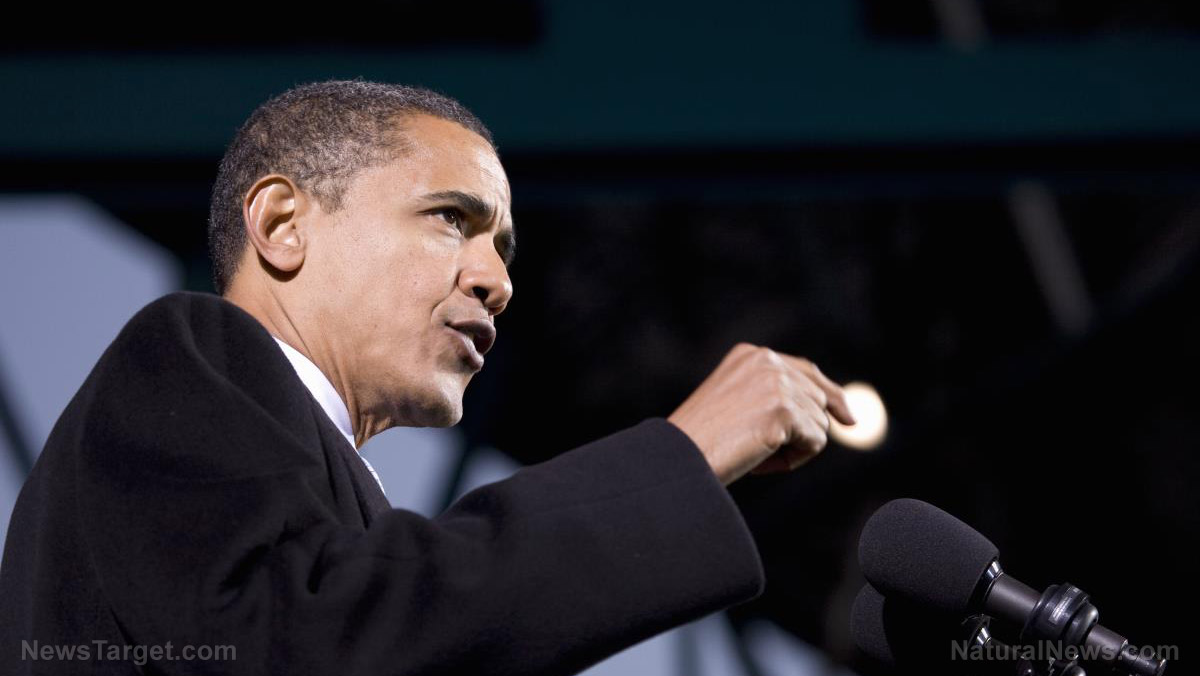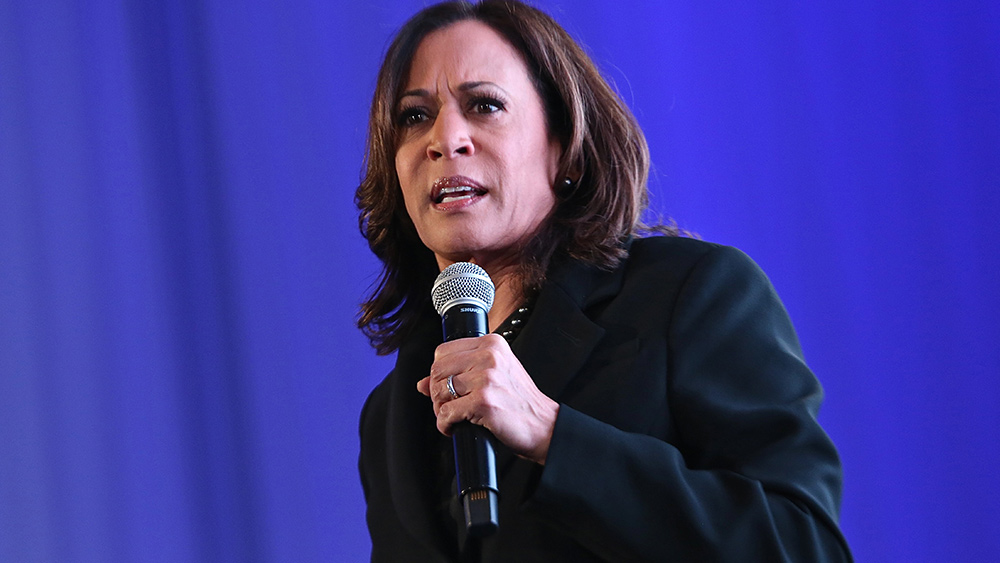More Americans identify as Republicans than Democrats for the first time in three decades
10/06/2024 / By Kevin Hughes

For the first time in over three decades, more Americans identify as Republicans than Democrats.
This comes from a recent Gallup poll that analyzed the environment surrounding the upcoming election. The survey found the current environment to be very favorable to the Republican Party.
The poll found that 48 percent of Americans identify as Republicans or lean toward the GOP, while only 45 percent identify as or lean Democrat. Furthermore, 46 percent of Americans say the Republican Party is better able to tackle the “most important problem facing the country,” while 41 percent think Democrats are doing a better job.
In a statement, former President Donald Trump claimed Gallup’s data as a win for his campaign, posting on his social media platform Truth Social: “The first time since they started keeping track that there are more Republicans than Democrats – and it’s solely because of President Donald J. Trump!”
Party affiliation a strong indicator of who will win the election
Gallup stated that Americans’ party affiliation has had a “strong” relationship to previous presidential outcomes. It also noted that Trump won in 2016 when self-identified Democrats outnumbered Republicans by three percentage points, 46 percent to 43 percent.
“Party affiliation and voting are strongly predictive of individuals’ vote choices, with the vast majority of identifiers and leaners voting for the candidate of their preferred party,” Gallup said. “At the aggregate level, there are typically more Democrats and Democratic leaners than Republicans and Republican leaners in the U.S. adult population. Democrats have won presidential elections in years in which they had larger-than-normal advantages in party affiliation, including 1992, 1996, 2008, 2012 and 2020.”
The issues that Americans presently consider to be the most important “tend to favor the GOP,” according to Gallup’s Jeffrey M. Jones, including the economy (24 percent), immigration (22 percent), the government (17 percent) and inflation (15 percent).
Gallup analysts reported that “nearly all” factors are now indicating a Republican Party victory in November. (Related: POLL: Trump and Harris locked in DEAD HEAT as November approaches.)
Historically, Democrats won the White House when a larger proportion of Americans identified as Democrats. In 1992, when Bill Clinton won his first term in office, 52 percent of Americans identified as or leaned Democrat, compared to around 40 percent who identified with the GOP.
During Clinton’s reelection campaign in 1996, the margin was a little lower, with 50 percent of Americans identifying as Democrat and 41 percent identifying with the Republican Party.
In 2000, when George W. Bush landed in the White House, the gap was far closer – similar to the gap between Trump and Hillary Clinton in 2016 – with 48 percent of Americans identifying as Democrats and 43 percent as Republicans. In 2004, the nation was evenly split, with 47 percent identifying as Democrats and Republicans each.
From 2004 onward, the margins between the Democrats and the GOP have stayed fairly close, but the Liberals maintained an advantage. When Barack Obama took the White House, 49 percent identified with the Democrats compared to 41 percent with the GOP. In 2012, the gap closed with 47 percent identifying with the Democrats and 43 percent with the Republicans.
In 2020, 48 percent of Americans affiliated themselves with the Democratic Party and 43 percent with the Republicans.
Follow VoteRepublican.news for more stories about the Republican Party.
Watch the video below about the Gallup poll showing a 15 percent swing from Democrat to Republican since Biden took office.
This video is from the channel The Resistance 1776 on Brighteon.com.
More related stories:
Latest poll shows Trump narrowly leading in Arizona, tied with Harris in Wisconsin.
POLL: American voters trust Donald Trump more than Kamala Harris on firearms issues.
Bulk of Republicans locked in on support for Trump.
Sources include:
Submit a correction >>
Tagged Under:
America, big government, cancel Democrats, democracy, democrats, Donald Trump, elections, GOP, party affiliation, patriots, political parties, politics, Republicans, vote Republicans
This article may contain statements that reflect the opinion of the author
RECENT NEWS & ARTICLES
COPYRIGHT © 2017 WHITE HOUSE NEWS





















